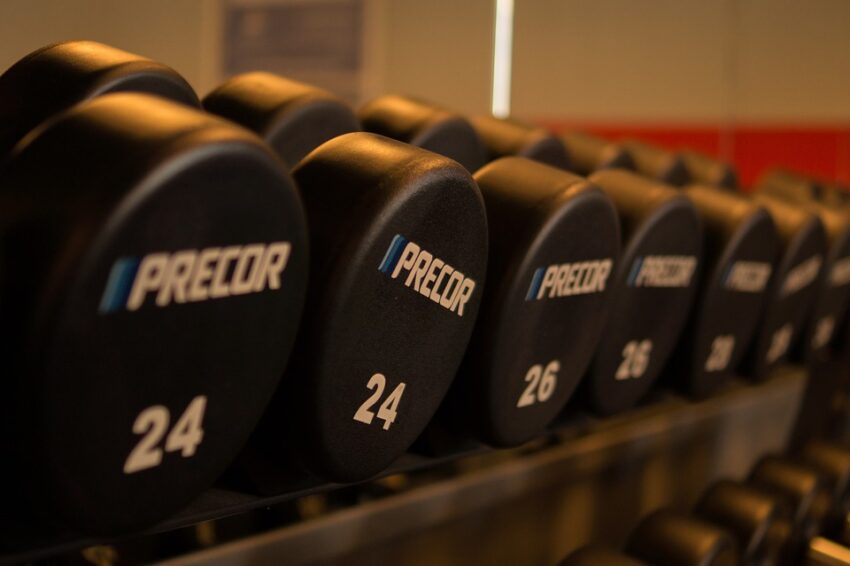

Achieving weight loss goals is a common aspiration for many individuals who are looking to improve their overall health and well-being. While diet is a key component in weight loss, exercise also plays a crucial role in helping individuals reach their desired weight. In fact, incorporating regular exercise into your routine can not only help you shed pounds, but also maintain your weight loss over the long term.
One of the main benefits of exercise in achieving weight loss goals is that it helps to burn calories. When you engage in physical activity, your body uses up energy in the form of calories to fuel your movements. By increasing your activity level, you can create a calorie deficit, which is essential for weight loss. In addition, exercise helps to increase your metabolism, which in turn can help you burn more calories even when you are at rest.
Another important role that exercise plays in weight loss is that it helps to build muscle mass. When you engage in strength training exercises such as lifting weights or resistance bands, you not only burn calories during your workout, but also build lean muscle mass. Muscle is metabolically active tissue, meaning that it burns more calories at rest compared to fat tissue. By increasing your muscle mass through strength training, you can boost your metabolism and burn more calories even when you are not working out.
Furthermore, exercise can help to improve your overall health and well-being, which can contribute to your weight loss goals. Regular physical activity has been shown to reduce the risk of chronic diseases such as heart disease, diabetes, and cancer. In addition, exercise is a great mood booster and can help to reduce stress and anxiety, which are often triggers for emotional eating.
When it comes to incorporating exercise into your weight loss routine, it is important to find activities that you enjoy and that fit into your lifestyle. Whether it’s going for a jog, taking a dance class, or lifting weights at the gym, the key is to find something that you look forward to and can stick with in the long term. Aim for at least 150 minutes of moderate-intensity exercise per week, such as brisk walking or cycling, as recommended by the Centers for Disease Control and Prevention.
In conclusion, exercise plays a vital role in achieving your weight loss goals by helping you burn calories, build muscle mass, and improve your overall health. By incorporating regular physical activity into your routine and making healthy lifestyle choices, you can reach your desired weight and maintain it over the long term. Remember that weight loss is a journey, and progress may be slow and steady, but with dedication and persistence, you can achieve your goals and live a healthier, happier life.






